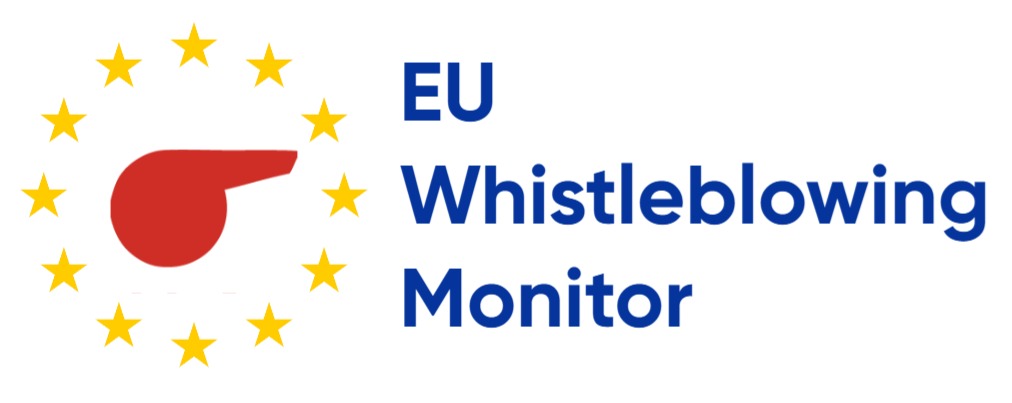Source: library.oapen.org
Analysis on Sweden’s legislation to transpose the EU Directive on Whistleblowing into Swedish national law has been published. The article “The Evolution and Implementation of Whistleblower Protection in Sweden” is a chapter in the new book “Europe’s New Whistleblowing Laws” published by the University of Gottingen.
The author, Katarina Fast Lappalainen, states:
“Just as the implementation of the WBD in Swedish law strengthens the whistle-blower protection, it also creates a higher degree of complexity, which might lead to it being weakened in practice. The constitutional protection has precedence over the Whistleblower Act, but when provisions are to apply might not be clear in all cases. Most of all it might be confusing for potential whistleblowers.”
She highlights key substantive issues, including challenges, including:
- Complex Legal Framework: The new legislation interacts with existing whistleblower protection laws and constitutional freedom of speech safeguards, potentially leading to legal complexity, ambiguity in cases, and discouraging potential whistleblowers.
Restrictive Reporting Procedures: While aiming to establish systematic reporting processes, the legislation imposes specific procedures that may limit whistleblowers’ freedom to choose their reporting methods.
Limits on Public Disclosure: The law mandates whistleblowers to first report externally before approaching the media in certain situations, potentially obstructing the exposure of wrongdoing.
Enhanced Support Needed: The chapter highlights the necessity for additional supportive measures, including economic and psychological assistance, beyond the Swedish welfare system, to encourage individuals to report misconduct.
